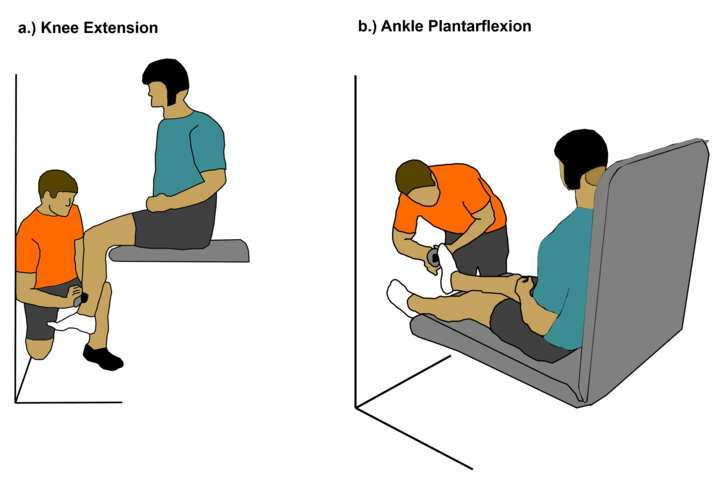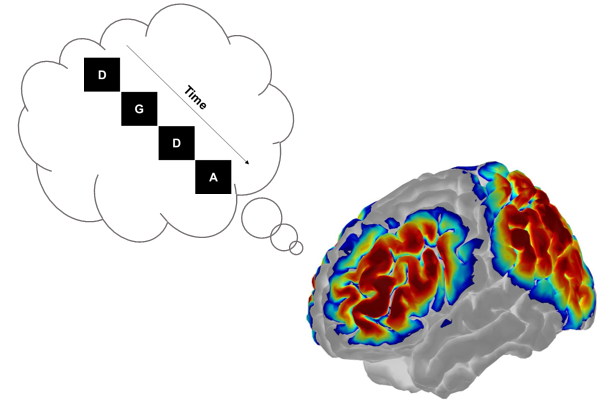fNIRS – Mobile brain/body imaging (MoBI)
The projects in this section focus on the use of fNIRS in sport-specific settings following the mobile brain/body imaging (MoBI) approach to gather on the track or playing field acquired evidence.
Application of fNIRS in sport-specific settings

The use of fNIRS in sport-specific settings is still in its infancy. The aim of this project is to provide a comprehensive overview on the use of fNIRS in sport-specific settings, current challenges, and future research lines for the application of fNIRS in sport and exercise sciences.
fNIRS – Motor control research
fNIRS is capable of distinguishing lover body contractions

fNIRS is known to have lower
spatial resolution than other brain imaging techniques. Due to its relatively low spatial resolution, it is unclear if fNIRS can discriminate between nearby
areas of the motor cortex (M1). The objective of this study was to determine
fNIRS’ ability to discern laterality of isolated unilateral lower body contractions.
Acute exercise-cognition research
Effects of acute exercise on working memory performance

A growing number of studies have reported beneficial effects of acute moderate intensity exercise on executive functions. However, the persistence of these enhancements and their neural substrates have yet to be elucidated. The aim of this study was to extend this research field by investigating whether acute exercise leads to cortical hemodynamic changes and better performance in a working memory task in a sample of healthy older adults.